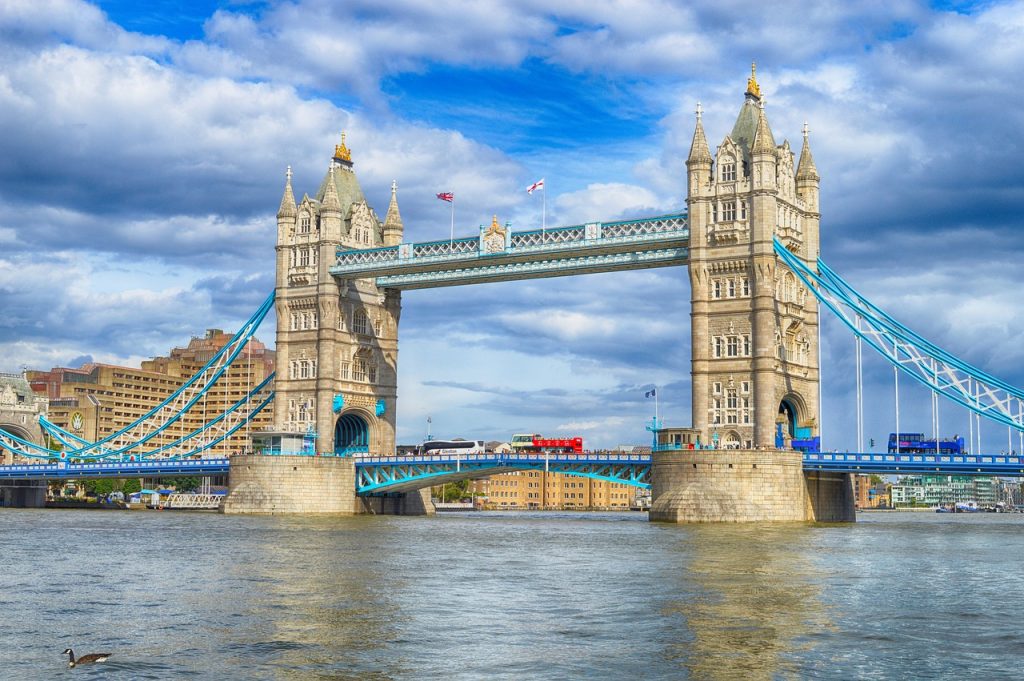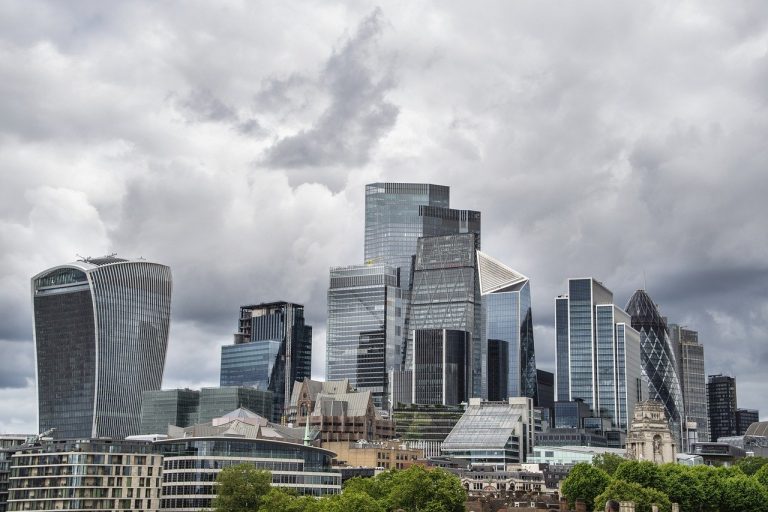
Converting To A Green Home
Having done a bit of research on this (what with it being my job!), when it comes to making our homes friendlier to the planet while not unfriendly to our pockets, I think it’s useful to progress through three stages:
Reduce the load
Increase efficiency
Apply renewables
It all sounds very boring and engineering-y, but these engineers know a thing or two when it comes to improving buildings.
So let’s look at No.1 – what does it mean?
Simply put: how we decrease our energy consumption. And in practice? Doing all the “little” things: TVs not on standby, switching to energy efficient lighting, etc, etc. Boring? Er, yes. But it will make a difference. The web is awash with advice on this topic and although much of it is pretty obvious, we do all need reminding – and it’s this reminding that should bring about the behavioural changes necessary.
Yes, it’s a pain reaching down behind the TV to switch it off at the wall, but do it often enough and it becomes a habit. A good one!
When it comes to increasing efficiency, there are loads of options. And it’s here that we first look at where you might get help financially for your efforts. In this blog, I’ll focus on just one of the ways you can improve efficiency – the building itself. It’s important to make the building work for you – before you add in expensive kit to do its job.
If you’re in the process of building and have some choice on materials, Roberta’s blog on the advantages of timber framed housing and Benedikte Ranum’s Repeating Age Old Methods guest blog are both cracking reads to give you inspiration. Chances are though; you won’t have had much choice on what your property’s made of – so you may think there’s not much you can do. Think again!
Insulate
There’s a huge drive in the UK at the moment to insulate our homes (9/10 don’t have enough insulation) – so there are now several schemes to help.
If you work for Accenture, Aviva, HSBC or Sainsbury’s you could try something new today (sorry, couldn’t resist) and avail of cheaper insulation through the newly launched Insulate Today scheme.
If you don’t, contact the Energy Saving Trust and apply for one of their many discounts, grants or loans. With estimates on what can be saved annually coming in between £100 – £275 it could be a worthwhile investment.
I did a quick online assessment of what I could be offered and it came up with both discounted insulation and grants towards the cost.
Renewables
The last stage is the most confusing one – renewable energy technologies. There’s a lot of debate on how effective domestic scale renewables are when it comes to solving (or helping to solve) the UK’s energy shortage. Here are a few points that are being bandied about at the moment:
They can make you money
They can save you money
This refers to the Feed-In Tariff scheme that was introduced on 1st April, whereby if a household installs an electricity producing renewable technology to provide its electricity, anything extra is fed back to the Grid and nets them a nice regular payment from their supplier. The benefits are obvious – producing your own electricity saves money on your bills, plus the payment.
Pro & Cons
Naturally there are cons as well as pros – two of them being that renewables are expensive and planning permission has to be sought to install them.
In addition to this, the list of eligible technologies is limited to solar photovoltaic, wind turbines, hydroelectricity, anaerobic digestion and micro-combined heat and power.
With four out of five of these being unfeasible for many homes (due to – among other things, lack of wind speed or water) then I guess that leaves solar PV, which, if George Monbiot is to be believed, is “between seven and nine times less cost-effective than the alternatives”.
Summary
It’s difficult to know what the right thing to do is when surrounded by so much conflicting information – but it’s definitely better to do something than nothing. So whether that means you stick to the “little” things or go the whole hog, it’s a move in the right (green) direction.
Todays blog was fro Joanne Rourke. Joanne is the Associate Director of Sustainability at Peter Deer and Associates, an engineering firm, based in north London. You can chat with her on Twitter here. She is passionate about educating businesses and individuals on what true sustainability means and how this can help their business grow and develop.



